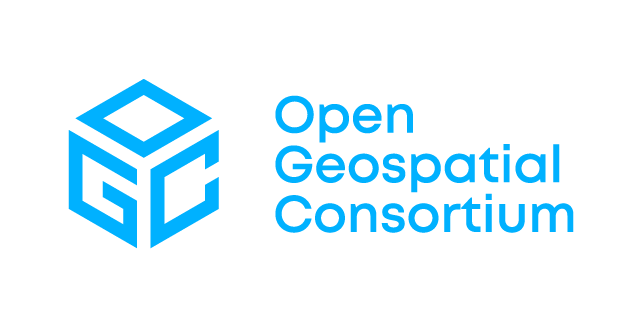Wetland restoration for the future
Wetlands cover 5-8% of the world’s land area and have a huge capacity to sequester carbon. Healthy wetlands accumulate carbon effectively due to water-logged conditions promoting highly stable carbon content. The EU aims to cut greenhouse gas emissions by at least 55% by 2030. This ambition requires new greenhouses gas mitigation measures within all sectors, including the LULUCF sector, where wetlands as carbon-rich ecosystems can contribute efficiently to both EU’s climate targets and biodiversity strategy.
The project will advance the state-of-the-art geospatial knowledge base on wetlands and their use and degradation in Europe. We will apply a co-creation approach to develop procedural knowledge and find ways for integrating multiple targets, supporting more inclusive, community-based approaches to wetland restoration. The project will assess the societal impacts of wetland restoration, especially on biodiversity and other ecosystem services, benefits and costs of different restoration approaches and well-being impacts at local, national, and EU levels.
Period: 01.06.2022−30.11.2026





